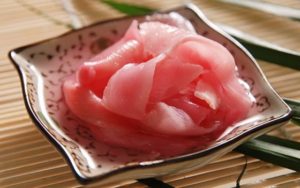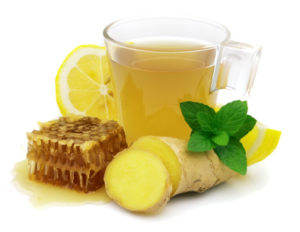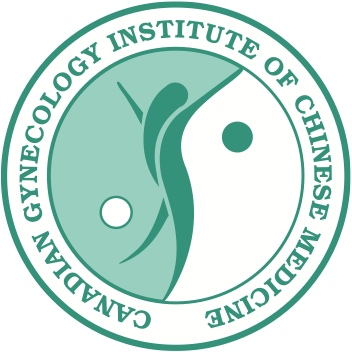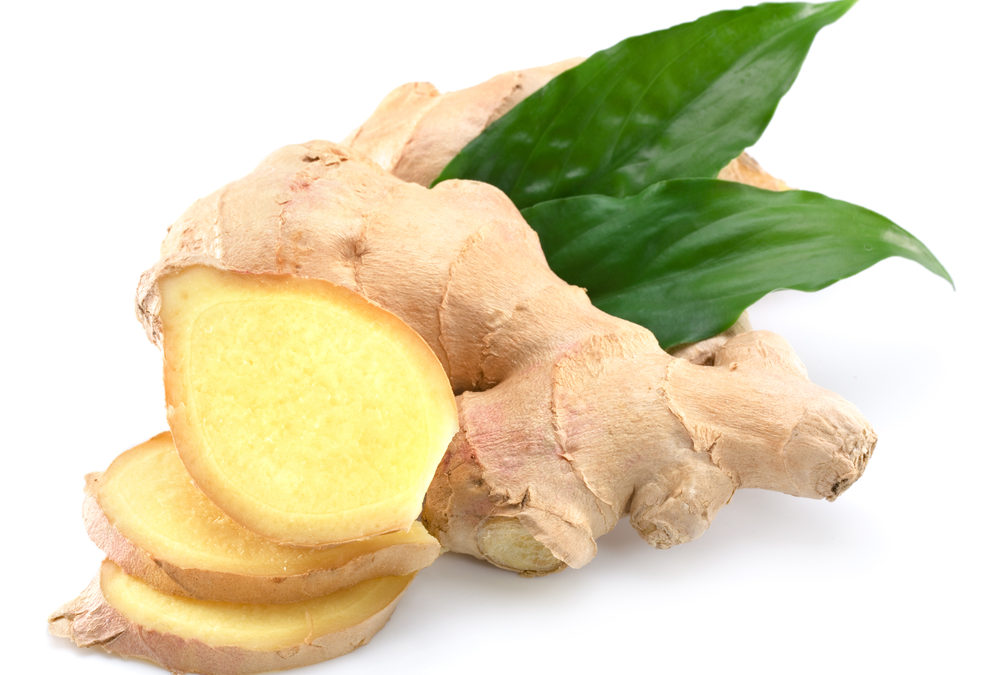Is Ginger good for you?
There has been article after article written on certain foods and how they can be beneficial for health. But it is important to always remember BALANCE! To every action and benefit there is a reaction and a caution. Before you jump on any bandwagon, please know your body and look deeper. Over the next few weeks we will be taking an in-depth look at the benefits and cautions to some common foods and supplements. This week…
Common Name: Ginger
Pharmaceutical Name: Zingiberis Rhizoma Recens
English Variants: Fresh Ginger Rhizome
Chinese Name: Sheng Jiang
TCM Classifications:
- Category: release exterior, pungent warm
- Meridian Tropism: Lung, Spleen, Stomach
- Taste: Spicy
- Temperature: Slightly Warm
TCM Functions & Indications
- Releases the exterior, disperses wind cold: cold, cough, phlegm
- Warms the middle, stops vomiting: cold stomach, cold stomach vomiting
- Warms the Lungs, stops cough: cough due to both acute wind-cold cough patterns and chronic Lung disorders and phlegm
- Resolves Toxicity: resolves toxic ingestion, treats the effects of overdose of other herbs
Western Medicine Uses: analgesic, antibacterial, antiemetic, anti-inflammatory, antimutogenic, antiparasitic (intestinal), antiplatelet, antipyretic, antiseizure, antiepileptic, antiulcer, cardiotonic, cholagogic, hepatoprotective, hypotensive, sedative, hypnotic.
Ginger is another food used all over the world; most famously, pickled ginger is always served with Sushi. Most people know that it helps to cleanse the palate between different types of fish, but did you know that because it can reduce toxicity it can also help to counteract the effects of seafood poisoning? Also, raw fish is considered a ‘cold’ food in Chinese Medicine, being slightly warm can counteract the effects of too much cold and raw food, ultimately increasing digestive ability. This is why a ginger dressing is also so beneficial when eating salads.

Who should TAKE Ginger?
Have an upset stomach? Nausea? Indigestion? Ginger is for you. Often used for increasing digestion, it is an excellent food to help break down protein-rich foods and help eliminate uric acid. And this is also why it can be used for any sort of stomach upset from morning sickness, motion sickness, hangovers, food poisoning, etc. Basically anything that makes you nauseous you can help by taking ginger.
Feel like you might be catching a cold? Feeling achy? Congested? Low on energy? Feeling generally crummy? Coughing? Give it a try!
A Favorite Recipe: my friends and I have a favorite recipe that gets made as soon as someone starts to feel like they’re getting sick, it helps to warm the body and soothe a weary soul:
- Cut about 10 slices of ginger approximately ¼ inch thick
- Using the butt end of the knife smash each ginger slice once or twice to increase medicinal output
- Bring approximately 4 cups of water to a boil and add the ginger
- Cover and let simmer for 45-60 minutes
- Put some into a mug, add honey to taste, Enjoy!
- Top up the portion still on the stove with water, cover, and let simmer for the day (not overnight please!), and enjoy as much as you like throughout the day!

Hot ginger tea with lemon and honey
Who should AVOID Ginger?
There are two categories of people who should avoid it: those on certain medications and those with certain symptoms or constitutions.
Medicinal Contraindications:
- Antiplatelet & Anticoagulants: ginger increases the potential for bleeding
- Warfarin, Aspirin, Heparin, NSAIDS, Clopidogrel, Eptifibatide, Tirofiban, Ticlopidine, Dipyridamole, and Cox-2 Inhibitors
- Sedatives: ginger increases the sedation effect
- Benzodiazepines, Barbiturates, Non-Benzodiazepines, and alcohol
Symptom/Constitutional Contraindications:
- Spontaneous sweating from exterior deficiency: this concept is a little tricky. In TCM there are two basic types of common cold: excess and deficient. The excess condition is when the body is strong but people get sick because the pathogen is stronger. The deficient condition is when the body is weak and there is a tendency to get sick easily because of a low immune system. Those with a low immune system have a tendency to sweat easily because their body lacks the energy to keep the pores closed. Because ginger vents out pathogens through the skin, those who sweat easily because of a low immune system should avoid taking ginger.
- Yin deficiency HEAT: aka deficient heat. This is often the case in menopause when there are symptoms of heat rising and moving outwards such as hot flashes, dizziness, tinnitus, vertigo, poor memory, difficulty hearing, dry mouth and throat at night, heat in the palms and soles, feeling of heat in the evening, malar flush, low back ache, aching bones, constipation, anxiety, insomnia, etc. Because ginger is a warm herb, it can exacerbate heat conditions.
- Any pattern of abundant HEAT: aka excess heat. This is a condition that may have symptoms such as feeling of heat, very thirsty with a desire for cold water, dark urination, constipation, insomnia, anxiety, etc. Because ginger is a warm herb, it can exacerbate heat conditions.
- High doses in patients with hypertension: ginger is a cardiotonic, so moderate doses only should be ingested.
***Please note, according to Chinese Medicine, symptoms can be due to many different diseases and diseases can have varying symptoms. When diagnosing please look at groups of symptoms, and better yet, visit your Acupuncturist or TCM Practitioner for a proper TCM diagnosis.
Ginger is a tasty addition to any meal, from appetizer to main course and desert. For most people, it can be eaten liberally, especially those who find they are often cold. Raw, pickled, boiled, baked, broiled, enjoy ginger in all its forms!
For more information or if you have any questions, please feel free to contact us!
Caroline Prodoehl, R.Ac, T.TCMP
References:
Pitchford, Paul. (2002). Healing with Whole Foods: Asian Traditions & Modern Nutrition, 3rd Ed. North Atlantic Books, pg. 210.
TCM ClinicAid iPad App

